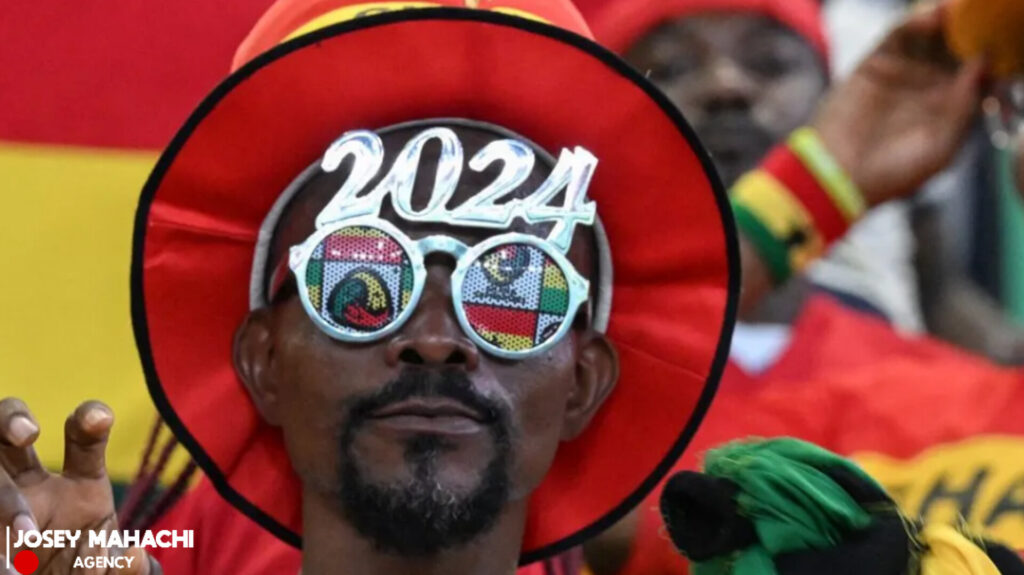By : Lloyd Mahachi
Ghana is gearing up for its ninth general election since multiparty politics resumed in 1992. As the country prepares to head to the polls, several key issues are on the minds of Ghanaian voters.
The economy is a major concern for Ghanaian voters. The country has been hit hard by inflation, with prices rising at their fastest rate in over two decades. This has had a significant impact on the cost of living, with prices of staples like eggs, tomatoes, and yams increasing sharply.
The annual rate of inflation peaked at 54.1% in December 2022, and although it has since come down, prices continue to rise. This has led to concerns about the country’s economic management and its ability to meet its financial obligations.
Public debt is another issue weighing heavily on the minds of Ghanaian voters. The country’s debt has been rising steadily over the past two decades, with a sharp increase in 2019. By 2022, the government needed more than 70% of its income just to service the debt.
This has led to concerns about the country’s ability to meet its financial obligations and the impact that debt servicing is having on the economy. The opposition has criticized the government’s handling of the economy and its failure to address the issue of public debt.
Unemployment is also a major concern for Ghanaian voters. The country’s unemployment rate has been rising steadily since 2017, with one in seven Ghanaians able to work currently unemployed. Young people have been particularly hard-hit, with nearly 30% of 15-to-24-year-olds without a job.
The lack of job opportunities has led to widespread frustration among young people, who are calling for the government to do more to address the issue of unemployment. The opposition has promised to create more jobs and stimulate economic growth if it wins the election.
Gold mining is another issue that has become a major talking point in the run-up to the election. Ghana is Africa’s largest producer of gold, and the precious metal plays a big role in the country’s economy. However, there are concerns about the damage that small-scale and illegal mining is doing to the environment.
The government has been criticized for its failure to address the issue of illegal mining and its impact on the environment. The opposition has promised to take tougher action against illegal miners and to promote more sustainable mining practices.
Ghana’s exports are also a key issue for voters. The country’s exports are dominated by gold, which accounted for 45% of exports in 2023. Crude oil and cocoa beans and paste are also major export earners. However, there are concerns about the country’s trade balance and its ability to diversify its exports.
The country’s GDP per capita has also seen a dramatic shift over the past three decades. The average annual income per person has risen from $400 in 2005 to $2,200 in 2017. However, since then, it has barely risen, except for a spike in 2021.
Ghana has a history of closely fought and peaceful elections. The country has seen three peaceful transfers of power since 1992, with the two main parties – the National Democratic Congress (NDC) and the New Patriotic Party (NPP) – holding the presidency for a total of 16 years each.
The outcome of this year’s election is expected to be announced within three days of the 7 December poll. The election is expected to be closely contested, with the NPP seeking to win an unprecedented third successive term in power.
Editor : Josephine Mahachi

